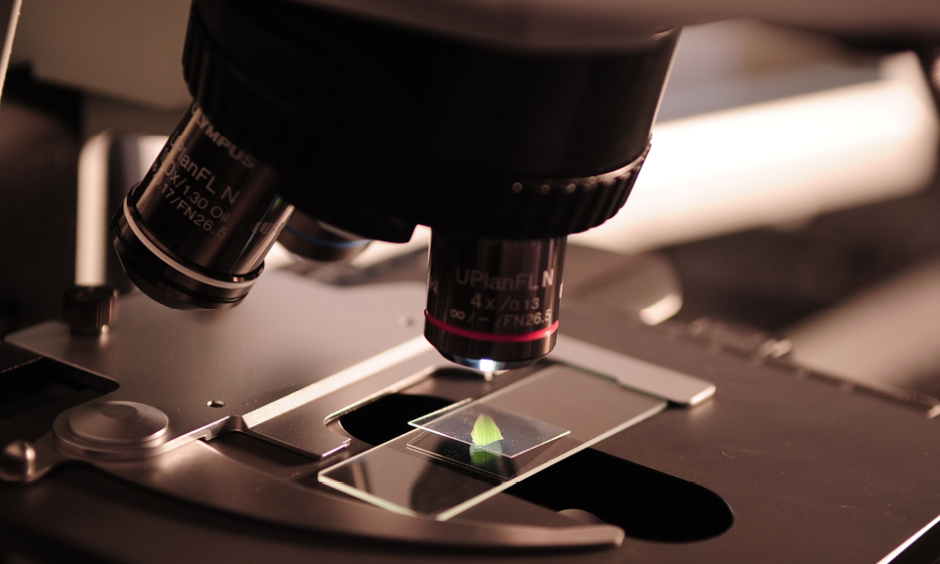Irvine, CA, USA, Amsterdam, the Netherlands, 21 March, 2018
Agendia, Inc., a world leader in personalized medicine and molecular cancer diagnostics, today announces that its next-generation sequencing (NGS)-based MammaPrint® BluePrint® Breast Cancer Recurrence and Molecular Subtyping Kit is now CE marked, enabling the Company to commercialize the device in Europe.
Dr. Marjolaine Baldo, Commercial Vice President, EMEA at Agendia said:
“Obtaining the CE mark for the MammaPrint BluePrint Kit is a huge milestone. For the first time, prestigious cancer centers across Europe will be able to run MammaPrint and BluePrint in their own labs, using their existing NGS instruments. As a result, patients will have better access to these vital tests and the significant benefits that they bring in personalizing breast cancer management.
“We are proud of the drive, dedication and expertise of our team, partners and co-validation centers who, in recognizing the need for a decentralized solution, have worked tirelessly to develop, validate and deliver this important device to the market. We look forward to collaborating with leading breast cancer centers to provide them with these tools, enabling them to offer breast cancer risk-of-recurrence testing in-house.”
MammaPrint analyzes 70 genes most associated with breast cancer recurrence to provide a binary Low or High Risk of cancer recurrence result, while BluePrint analyzes 80-genes which classify a patient’s breast cancer into functional molecular subtypes. This new device, which combines both MammaPrint and BluePrint, can aid physicians in personalizing treatment management decisions for their patients by identifying women with early-stage breast cancer who are at a genomic Low or High Risk for distant metastasis within five years.
The MammaPrint BluePrint Kit is an RNA-sequencing based version of Agendia’s existing MammaPrint and BluePrint tests, which are currently performed centrally at the Company’s CLIA-certified and CAP-accredited laboratories in Irvine, CA and Amsterdam, the Netherlands. The Kit was developed in partnership with Agilent Technologies using their SureSelect target enrichment system and with Bluebee, who provided the secure and convenient data processing solution for clinicians.
Dr. William Audeh, Chief Medical Officer at Agendia, said:
“The clinical utility of the MammaPrint test has been demonstrated by the landmark MINDACT trial. It showed, with the highest level of clinical evidence, that 46% of patients identified as high risk for recurrence according to clinical-pathological factors and who would therefore be typical candidates for adjuvant chemotherapy were reclassified as Low Risk by MammaPrint, indicating that they were unlikely to benefit from chemotherapy.1
“With breast cancer being the most common cancer in women, affecting one in eight in Europe and with almost 500,000 new cases a year, the quality-of-life and cost benefits of identifying women previously selected for chemotherapy that may not have significant benefit from it is considerable.”2,3
To learn more about the MammaPrint BluePrint Breast Cancer Recurrence and Molecular Subtyping Kit, visit: www.agendia.com/diagnostic-products (Europe only)
About MammaPrint®
MammaPrint is an in vitro diagnostic medical device, performed as a testing service in a central laboratory, using the gene expression profile of breast cancer tissue samples to assess a patients’ risk for distant metastasis. The device is FDA-cleared and CE-marked, enabling use in the European Union. The MammaPrint® BluePrint® next-generation sequencing-based kit is a CE-marked device currently available for use in cancer centers in select regions of the world.
MammaPrint is indicated for use by physicians as a prognostic marker only, along with other clinical-pathological factors. It is not intended to determine the outcome of disease, nor to suggest or infer an individual patient’s response to therapy.
About MINDACT
MINDACT is a prospective, randomized, phase III, controlled clinical trial that investigated the clinical utility of MammaPrint, when used in conjunction with standard clinical pathological criteria, for the selection of patients unlikely to benefit from adjuvant chemotherapy. From 2007 to 2011, 6,693 women who had undergone surgery for early-stage breast cancer were enrolled in the trial, across 112 centers in nine countries.
About Agendia
Agendia is a privately held, leading molecular diagnostics company that develops and markets genomic diagnostic products, which help support physicians with their complex treatment decisions. Agendia’s breast cancer tests were developed using an unbiased gene selection by analyzing the complete human genome. Our offerings include the MammaPrint® 70-Gene Breast Cancer Risk-of-Recurrence Test, and the BluePrint® Molecular Subtyping Test, both on microarray technology, and the new MammaPrint BluePrint Recurrence and Molecular Subtyping test, on NGS technology.
In addition, Agendia has a pipeline of other genomic products in development. The company collaborates with pharmaceutical companies, leading cancer centers and academic groups to develop companion diagnostic tests in the area of oncology.
For more information on Agendia or the MammaPrint and BluePrint tests, you can visit Agendia’s patient site at www.KnowYourBreastCancer.com or the corporate site at www.agendia.com.
Follow Agendia, Inc. on Facebook, Twitter, or LinkedIn to keep up-to-date with the latest news.
Contacts
- Instinctif Partners (Agendia)
Ashley Tapp / Lynne Trowbridge / Samantha Cheung
Email: [email protected]
Tel: +44 (0) 20 7866 7923 - Netherlands Media
Léon Melens
Email: [email protected]
Tel: +31 (0) 6 538 16 427
References
- Cardoso F, van’t Veer LJ, Bogaerts J et al. 70-Gene Signature as an Aid to Treatment Decisions in Early-Stage Breast Cancer. N Engl J Med 2016; 375: 717-29.
- Curado MP, et al. Cancer Incidence in Five Continents, Vol. IX, IARC Scientific Publications No. 160. IARCPress: Lyon: 2007.
- Ferlay J, et al.e. GLOBOCAN 2012 v1.0, Cancer Incidence and Mortality Worldwide: IARC CancerBase No. 11 (Internet). Lyon, France: International Agency for Research on Cancer; 2013. Available from: http://globocan.iarc.fr, accessed 04 August 2017








